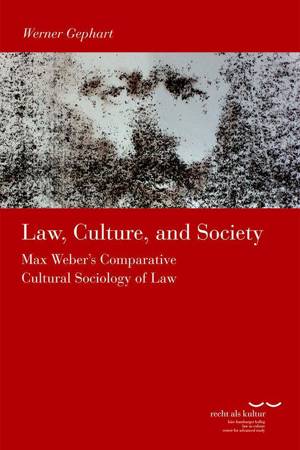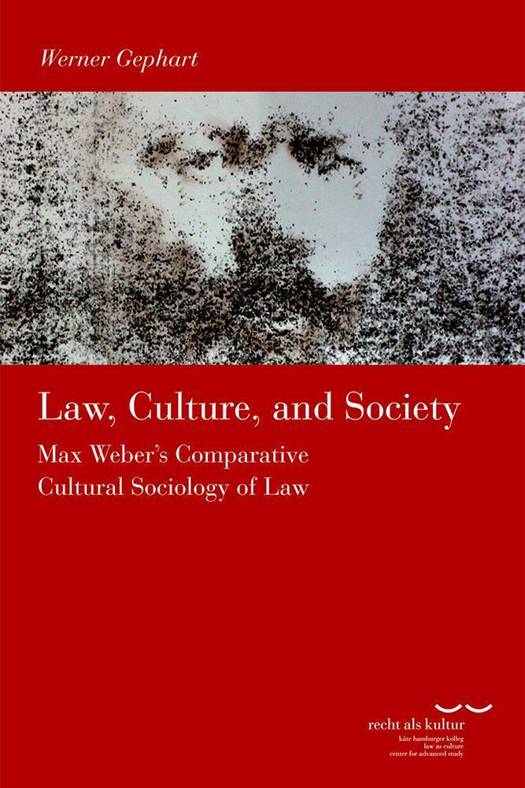
Bedankt voor het vertrouwen het afgelopen jaar! Om jou te bedanken bieden we GRATIS verzending (in België) aan op alles gedurende de hele maand januari.
- Afhalen na 1 uur in een winkel met voorraad
- Gratis thuislevering in België vanaf € 30
- Ruim aanbod met 7 miljoen producten
Bedankt voor het vertrouwen het afgelopen jaar! Om jou te bedanken bieden we GRATIS verzending (in België) aan op alles gedurende de hele maand januari.
- Afhalen na 1 uur in een winkel met voorraad
- Gratis thuislevering in België vanaf € 30
- Ruim aanbod met 7 miljoen producten
Zoeken
€ 22,45
+ 44 punten
Omschrijving
The historical-critical edition of Max Weber's writings on sociology of law (MWG I/22-3) revealed deep layers of Max Weber's legal texts that thus became readable for the first time. Weber breaks out from the legal centrism of the normative world and designs an Interpretation that follows the "world history of law" in a cultural-comparative sense, thereby making him appear particularly topical for today's debates on the relationship between globalization and legal analysis. With his text "Die Wirtschaft und die Ordnungen" ("Economics and the Orders"), Weber anticipated the idea of "legal pluralism" that emphasizes the diversity ofnormative orders. Further, the departure from the occidental development path of law towards the "developmental conditions of law" opens up the cognitive horizon for insights into other legal cultures, their interferences and hybridizations for which we still seem to lack the categories today. It is, then, all the more remarkable how Weber designed a great, all-encompassing meta-narrative on legal rationalism in the Occident based on a multitude of highly branched out legal histories - a narrative that can only be told through the perspective of universal history and with the world cultures of law in mind. This interpretation also captures the birth of sociology from the spirit of jurisprudence - so impressively detailed in Weber's work - that accords particular importance to law in the analysis of modernities.
Specificaties
Betrokkenen
- Auteur(s):
- Vertaler(s):
- Uitgeverij:
Inhoud
- Aantal bladzijden:
- 160
- Taal:
- Engels
- Reeks:
- Reeksnummer:
- nr. 7
Eigenschappen
- Productcode (EAN):
- 9783465042310
- Uitvoering:
- Paperback
- Afmetingen:
- 160 mm x 240 mm
- Gewicht:
- 266 g

Alleen bij Standaard Boekhandel
+ 44 punten op je klantenkaart van Standaard Boekhandel
Beoordelingen
We publiceren alleen reviews die voldoen aan de voorwaarden voor reviews. Bekijk onze voorwaarden voor reviews.









